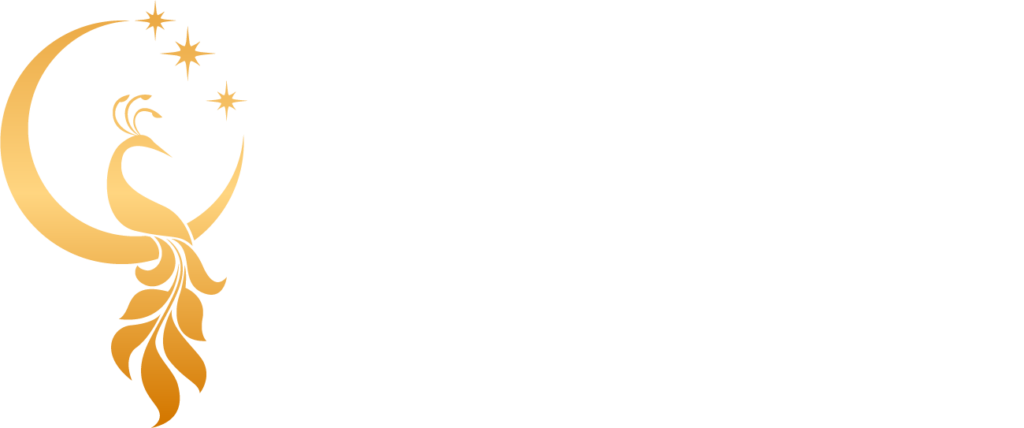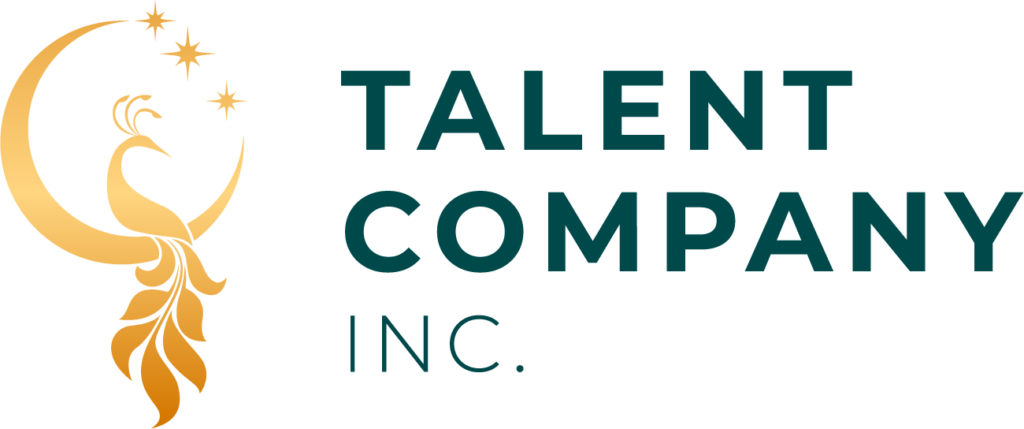Do you believe that recruiting is easier now that thousands of new job seekers have entered the market? If you answered yes, you might want to rethink your answer. During the last recession, Willis Towers Watson conducted a study that showed finding top talent was still one of the top challenges for companies… even when unemployment was at an all-time high.
I’m not surprised! Companies that are still able to hire during the COVID-19 pandemic now have to deal with a deluge of applicants hungry for a job.
Some of my colleagues still roll their eyes or laugh at me when I say this, but the best way to find top talent is employee referrals. Whether we’re dealing with an economic downturn or times of prosperity, it’s the best way to go.
In fact, the earliest record of employee referral dates all the way back to 55 B.C. when Julius Caesar offered soldiers a third of their annual pay for getting people they knew to join the Roman army. Who would’ve known?
Why should I utilize employee referral to hire top talent?
Companies who build a strong employee referral culture slash their recruiting fees and enjoy a rise in productivity, which equals more money for other aspects of the business and bigger profits overall.
Furthermore, the onboarding process goes quicker and people are likely to stay with the company for longer than a year (if people leave a company, they’re most likely to leave within the first year). Companies also report a greater culture fit with employees hired through referral.
Employee referral culture should be foundational for talent acquisition. If you don’t have employees that are excited to bring on their peers into your company, what does that say about it?
A company that I worked with in the past said that employee referral hasn’t worked for them, but the only thing they did was send out a long boring email to their employees about referrals.
This doesn’t count as building an amazing employee referral culture!
Helping your employees tell your company’s story and promote the brand is an opportunity to help the company grow, especially during pandemics and economic downturns. Employees want to help their peers get jobs and companies should take advantage of that.
Candidates want to know what your company is all about. Show them who you are from an authentic perspective. Be creative in the way you speak to the candidate’s pain points and how you can help them reach their career goals.
Engagement is so important right now. People who already have a job are excited about that and will want to hang onto those positions. However, as things settle down, companies will start looking for top talent. You’d better do a good job of keeping your A Players happy and getting more of them! So engage the A Players currently on your team and encourage them to bring in the A Players they know.
Does that mean I shouldn’t bother with third-party recruiters?
No, not at all! You can definitely attract amazing talent with external recruiters. I’ve done this many times for companies across all industries.
External recruiters should definitely be used when your internal recruiting team has too many roles on their plates. They can also be useful for filling confidential roles, senior roles and roles that aren’t well understood or in a specialized niche.
At the end of the day, a great external recruiter is a great business partner that does the right thing for their client, aka you. If necessary, they should be able to put their egos aside and be ok with the fact that they’re not always the number one source for getting great talent.
Personally, if I believe a client shouldn’t use my services, I have no problem telling them that they could fill the role on their own. I would ask them about whether or not they have really difficult jobs that I could help them fill.
And one last thing…
Have fun! Employee referral is an amazing way to increase employee engagement and have fun with a purpose. For example, I’ve done giveaways with Harleys and contests with college world series tickets (these prizes were bought with the money saved on exorbitant recruiting fees). Contrary to popular belief, people don’t only care about getting money. They really enjoy employee referral programs that are centered around fun, interactive and interesting activities.
Want to learn more about how building employee referral programs can help you increase employee engagement, reduce recruiting fees and hire top talent?


